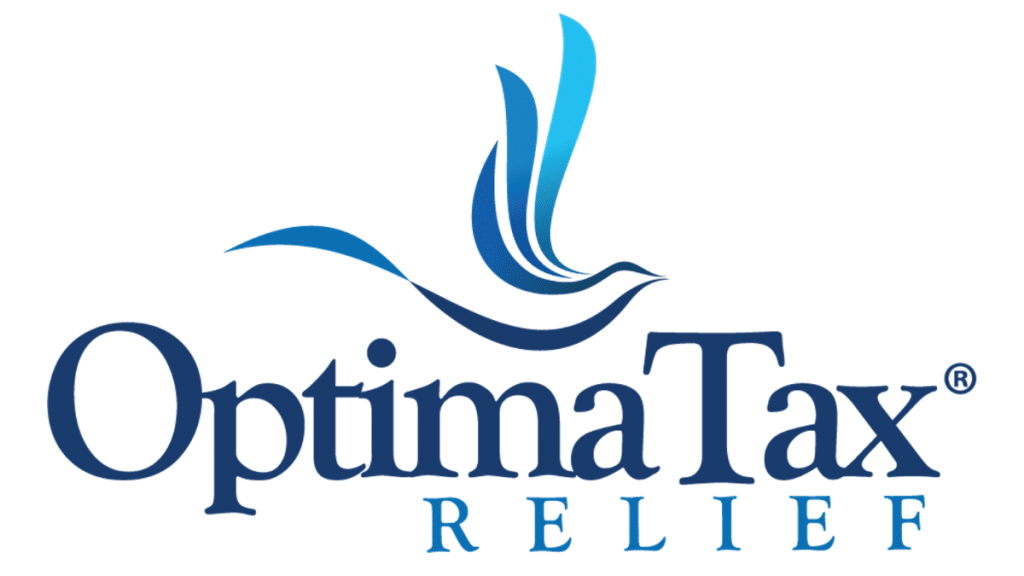A conservation easement is a voluntary legal agreement that allows landowners to limit the use or development of their property in order to preserve its conservation values, such as open space, wildlife habitat, or historical significance. In exchange, landowners may receive a tax deduction based on the loss in property value due to these restrictions. While conservation easements are legitimate tools for environmental preservation, abusive syndicated conservation easements (SCEs) have become a growing concern for the IRS. Optima Tax Relief breaks down SCEs and what the IRS is doing to crack down on these abusive transactions.
What Are Abusive Syndicated Conservation Easements?
Abusive syndicated conservation easements exploit the tax benefits associated with legitimate easements through aggressive and often fraudulent tax schemes. In an SCE arrangement, promoters organize groups of investors to purchase a property, typically at an inflated value, then claim an inflated charitable deduction based on an overvalued conservation easement donation.
For example, an investor may buy a fractional interest in a property and be promised a large tax deduction, often many times greater than their original investment. These inflated deductions are based on artificially high property appraisals that do not accurately reflect the true value of the easement or land.
These schemes are marketed as tax shelters, primarily designed to generate outsized deductions rather than to preserve land for conservation purposes. They undermine the integrity of the conservation easement system and deprive the U.S. Treasury of tax revenue. The IRS considers these transactions abusive and a violation of tax law.
IRS and Department of Treasury’s Final Regulations
To address this issue, the IRS and the Department of the Treasury have recently issued final regulations to crack down on abusive SCEs. These regulations are part of the broader effort to combat tax shelters and protect the integrity of conservation easements.
- Disallowance of Inflated Deductions: The final regulations limit the amount of charitable deductions investors can claim in connection with syndicated conservation easements. By establishing clearer standards for valuation, the IRS aims to prevent inflated appraisals and exaggerated deductions. Deductions must be based on the property’s actual, fair market value and must be accurately supported by qualified appraisals.
- Material Participation and Profit Motive Requirements: Under the new rules, investors in syndicated easements must demonstrate material participation in the activity and a profit motive for the transaction. The IRS will scrutinize whether the primary purpose of the arrangement was to generate a legitimate business profit, as opposed to solely obtaining a tax benefit.
- Increased Penalties for Noncompliance: The final regulations also include provisions for increased penalties on those involved in abusive SCE transactions. Promoters of these schemes, as well as investors who knowingly participate, face higher penalties for underpayment of taxes resulting from disallowed deductions.
- Enhanced Reporting Requirements: Syndicated easement transactions are now subject to heightened reporting requirements. Promoters must disclose these transactions to the IRS, and investors who participate in them are required to file additional documentation when claiming related deductions. This enhanced reporting allows the IRS to better track these transactions and enforce compliance.
- Additional Oversight on Appraisers: The final regulations place increased scrutiny on appraisers involved in conservation easement valuations. Appraisers who provide inflated appraisals risk penalties, including being barred from participating in future transactions.
The IRS’s Efforts to Combat Abusive Syndicated Conservation Easements
The IRS has made addressing syndicated conservation easements a priority in its tax enforcement strategy. In recent years, the agency has launched numerous investigations into SCE promoters and investors, identifying billions of dollars in potentially fraudulent deductions. Additionally, the IRS has placed syndicated conservation easements on its annual “Dirty Dozen” list of tax scams.
With the final regulations in place, the IRS has strengthened its ability to crack down on these abusive arrangements. The new rules create a framework that protects legitimate conservation efforts while curbing the misuse of the tax system.
Moving Forward
The issuance of final regulations by the IRS and the Department of the Treasury sends a clear message to tax shelter promoters and participants: abusive syndicated conservation easements will not be tolerated. Taxpayers who engage in or promote such schemes now face heightened penalties, increased scrutiny, and a greater risk of IRS enforcement action. At the same time, these regulations safeguard the conservation easement program for taxpayers who use it responsibly to protect and preserve valuable natural resources, ensuring it remains a viable tool for environmental stewardship.
